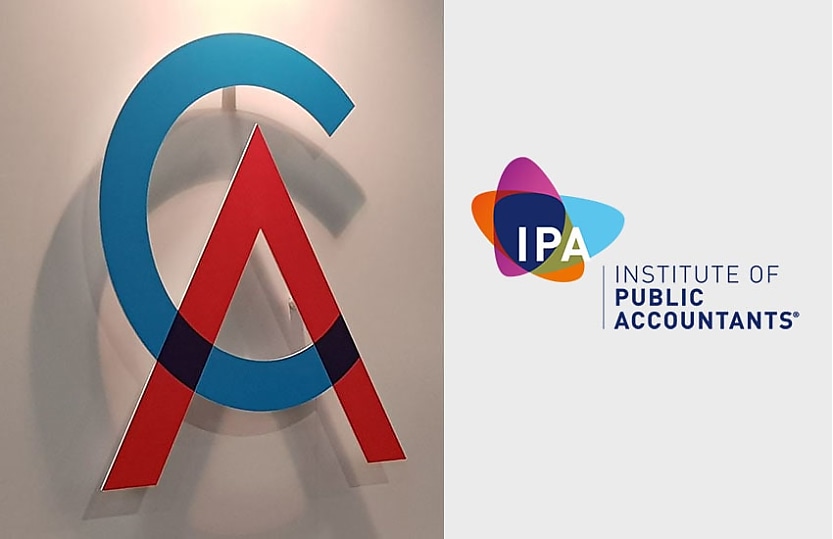Dissatisfaction with ATO systems ‘the highest in a decade’, IGTO told

Tax agents are deeply dissatisfied with the ATO's processes and responsiveness across all taxpayer segments, according to professional bodies.
Chartered Accountants ANZ (CA ANZ) and the Institute of Public Accountants (IPA) have communicated their frustration about the ATO's processes and responsiveness in a recent submission to the Inspector-General of Taxation and Taxation Ombudsman (IGTO).
The joint bodies urged the IGTO to prioritise a review either into the ATO's complaints line or the effectiveness of the registered agent phone line in response to the IGTO's consultation on its draft work plan for 2024-25.
The submission said that member dissatisfaction with ATO processes and responsiveness is the highest it has been for over a decade.
It also said dissatisfaction is widespread across all taxpayer segments and all aspects of tax administration including answering calls, resolving queries and disputes, allocation of cases and processing of forms.
"Many of our members have reluctantly lodged complaints with the ATO complaints line to try to get matters resolved," the joint bodies said.
"To help prioritise the areas that need closer examination, it would be useful for the IGTO to analyse the type of complaints that have been made to the ATO complaints line so that a series of more targeted reviews can be undertaken on specific problem areas.
"In undertaking this analysis consideration should also be given to complaints that have been withdrawn, as members have advised that the ATO often try to have matters withdrawn from the complaints line."
The professional bodies said they would like to see the IGTO prioritise a review of the ATO complaints line or the effectiveness or the registered agent phone line.
The Joint Bodies would appreciate the IGTO prioritising a review of the ATO complaints line or the effectiveness of the registered agent phone line.
CA ANZ senior tax advocate Susan Franks previously told Accountants Daily that the systems used for resolving issues such as Online Services for Agents (OSfA) are inefficient.
However, OSfA is better than long waiting periods on calls with the Tax Office.
Franks said earlier in the year that the ATO had expressed it was open to working with tax agents to better its processes, yet little progress was made.
This contributed to the declining conditions for tax agents, which led to the call for urgent fixes.
It was noted in the submission that the motivation behind this request was to ensure that tax agents are appropriately resourced to assist many taxpayers who engage them.
This was linked to extensive interactions with the ATO and its systems creating extortionate administrative costs resulting in higher fees for taxpayers and tax practitioners.
“Where the higher costs cannot be passed onto taxpayers, tax practitioners often have to make the difficult decisions to disengage clients who need their services but cannot afford them.”
The submission said the IGTO should prioritise a review into how PAYG instalments are issued.
“The inability for some tax practitioners to access notices that have been sent to clients, client’s mistrust of communications due to concern about cyber fraud, and ATO administration issues may be contributing to the increasing amount of PAYGI collectable debt,” the submission said.
The joint bodies said the review of this process would benefit all Australians as the government would be able to efficiently collect tax debt.
The professional bodies said while they were pleased that tax identity fraud has been included as a priority review area, they would also like to see a review into client-agent linking prioritised.
“The issue with client-agent linking is that it has been difficult for taxpayers to undertake the steps to obtain a digital identity and link that to associated entities and to tax practitioners,” the submission said.
“Given that client-agent linking is only needed when a client appoints a new tax practitioner, the client expects the tax practitioner to assist them with this process, which has added hours of unrecoverable administrative time upon tax agents and has discouraged clients from changing tax agents.”
About the author

